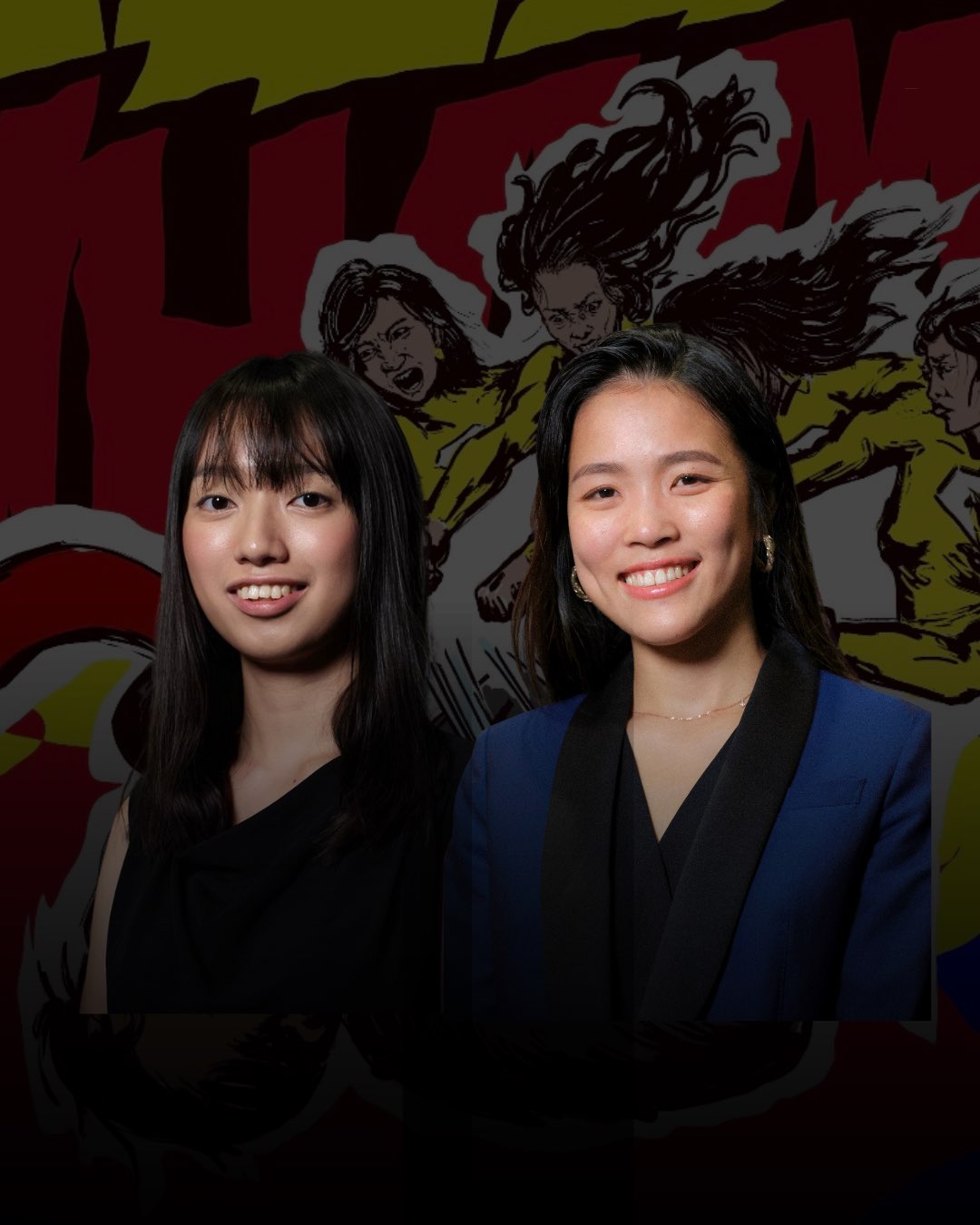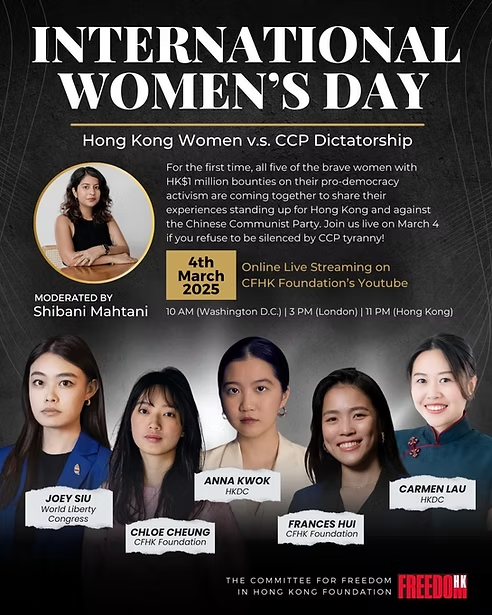This blog is authored by Christopher Mung, Chief Executive of Hong Kong Labour Rights Monitor
On this May Day, memories of marching through the streets with my comrades has come flooding back. The Labour Day march has now been prohibited, and some of my old comrades who have devoted themselves to defending worker rights and dignity are in prison. Everything has changed as if we are living in a different world. Lee Cheuk-Yan, Carol Ng, and Winnie Yu, who are currently incarcerated, once fearlessly dedicated themselves to workers’ struggles, speaking out for those oppressed by systemic injustices. Their unwavering commitment inspired many others to stand up and resist, resulting in changes for workers in society and the workplace. These events have left an indelible mark on the history of labour movements, notwithstanding the regime’s deceptive narratives.
Pioneering Hong Kong’s labour protection reforms: Lee Cheuk-yan

Among the three imprisoned labour activists, the one I have known the longest is none other than Lee Cheuk-yan (commonly known as “Ah Yan”), Former General Secretary of the Hong Kong Confederation of Trade Unions (HKCTU). I first met him after joining HKCTU shortly after graduating from university in 1995, and we worked closely together for a remarkable twenty-six years. My early days at the union happened to be the time when Ah Yan transitioned from street activism to parliamentary work, which occurred only two years before the handover of Hong Kong’s sovereignty. At that point, a rare historical opportunity presented itself. Governor Chris Patten’s electoral reform resulted in an unprecedented democratic majority in the Legislative Council. Timing is crucial, especially when you have a power imbalance with your rivals. Ah Yan wasted no time soon after being elected as a Legislative Member. Along with other pro-labour democratic legislators, he put forward a series of labour law reforms, successfully pressing the colonial government to amend legislation. These reforms included increasing maternity leave and sick leave allowances to four-fifths of the monthly wage, as well as introducing the compensation for unreasonable and unlawful dismissals.
Furthermore, Ah Yan proposed legislation for the “Right to Collective Bargaining” and amendments to the “Trade Union Ordinance” through private member bills, which the Legislative Council unexpectedly passed prior to the handover. Regrettably, the Hong Kong Special Administrative Region (HKSAR) government saw collective bargaining rights legislation as a thorn in their side – freezing and subsequently abolishing it after the handover. The HKSAR government has also revived the restrictive clauses that were initially eliminated in the “Trade Union Ordinance,” such as the prohibition on unions using funds for political purposes, which are now being used as a tool to crush pro-democracy trade unions. Since the handover of sovereignty, the legislature’s power has diminished, but Ah Yan’s efforts to drive labour law reforms have not waned. He was the first legislator in the Legislative Council to initiate a motion to safeguard the minimum wage. After a decade of relentless collaborations with grassroots trade unions and labour groups, the protection was finally achieved.
I recall that, in an internal meeting among union staff, one of our colleagues asked Ah Yan if he ever felt tired from continuously participating in the worker’s struggles against exploitation over the years. His response was that he never did since seeing workers lift their heads and reclaim their dignity motivated him tremendously. He described this as the most beautiful face in the world. As he spoke, he could not help but choke up, possibly thinking of the harsh reality that many workers must endure – swallowing their anger and dropping their heads helplessly. Some people may appear tough, but they are often easily moved. Yan is one of them. Driven by the desire to witness the beauty of dignity restored on people’s faces, he fearlessly stood firm alongside workers in various labour movements, no matter how large or small.
Leading new paths for equality in workplace: Carol Ng

Carol Ng, Former Chairperson of HKCTU, is another remarkable leader in Hong Kong’s independent labour movement. Employed initially as a flight attendant at British Airways’ Hong Kong Office, Carol embarked on her journey in labour activism in 2003 when she sought assistance from HKCTU during a labour dispute with British Airways. She went on to establish the British Airways Hong Kong Cabin Crews Union (BAHKICCA). Carol has an unshakeable character. She boldly attempted what others deemed impossible, refusing to give up until she saw results. Her tenacity has led to countless incredible achievements in the labour movement.
Carol stands as the first successful plaintiff in a landmark lawsuit against trade union discrimination in Hong Kong. Although Hong Kong has an anti-union discrimination law in place, there had been no successful prosecutions prior to Carol’s, making it a toothless tiger that was widely ignored, even by large corporations. Carol’s legal battle began after she received a warning letter from British Airways while serving as union chair. The letter accused her of violating corporate regulations after she conducted media interviews and placed her under a year-long company observation. Given the lack of immediate impact and probable inconvenience, most people might have let it slide. But Carol refused to accept the injustice. She persisted and took the airline to court. Surprisingly, British Airways admitted its wrongdoing before the trial began, making this the first conviction under Hong Kong’s anti-union discrimination law. Carol, who carried the weight of pregnancy and the painful loss of her father during the lengthy legal battle, never once considered giving up.
However, her battle with the aviation industry bosses did not end there. At the time, an unhealthy norm among Hong Kong’s major airlines was for flight attendants to retire at the age of 45, and British Airways was no exception. Carol and her union members attempted to seek help from the Hong Kong Equal Opportunities Commission. Unfortunately, they were informed that while the practice did constitute age discrimination, there were no specific regulations in Hong Kong to address it, leaving them powerless.
Undeterred, Carol took an extraordinary step. She decided to seek help from the British Airways union in the UK. There, she used the UK’s anti-discrimination laws to file a lawsuit against British Airways in a local court. After a six-year court battle, the airline was finally forced to rectify its erroneous policy and rehire the previously dismissed flight attendants. Carol’s transcontinental lawsuit to secure justice for union members remains an unprecedented success in Hong Kong’s labour movement.
Launching Hong Kong’s Largest Healthcare Strike: Winnie Yu

The last comrade I want to discuss is Winnie Yu. As a healthcare worker, she stood firm during the 2019 anti-extradition bill movement, advocating for professional integrity. Seeing the unacceptable police brutality against demonstrators and civilians, she and her colleagues organize several gatherings of the healthcare community to express their concerns about the situation. Under her leadership, the Hospital Authority Employees Alliance (HAEA) emerged as a robust force in the newly emerging democratic labour movement, with a peak membership exceeding 20,000 people. The COVID-19 epidemic broke out shortly after the union was formed. The government lacked awareness of the epidemic in the early stages. It allowed unrestricted travel between high-risk areas and Hong Kong and ignored the shortage of masks. Carrie Lam, the then-Chief Executive, openly requested government officers to remove their masks on public occasions, showing a lack of awareness of protective measures. Winnie and her colleagues were concerned with the government’s loosened approach to epidemic prevention, jeopardising the safety of healthcare professionals and the public. Due to repeated unsuccessful negotiations, they staged a five-day healthcare strike. This unprecedented strike, which called on medical workers to ‘Save Hong Kong’, drew widespread support, with 7,000 health workers taking part, demanding adequate personal protective equipment for Hospital Authority (HA) staff and border closures to prevent the virus from spreading to the city. This strike stands as the largest of its kind in Hong Kong’s history.
Although the strike did not result in a complete border shutdown, it did successfully force the government to close multiple ports and impose mandatory quarantine for mainland arrivals. The HA also strengthened safety measures for frontline staff. At the time, Chief Executive Carrie Lam’s dismissive attitude towards the pandemic could have resulted in many more deaths in Hong Kong during the early stages of the outbreak if the healthcare strike had not served as a wake-up call. However, Winnie and HAEA found themselves in the administration’s crosshairs following the general strike. The Chief Executive even reported them to the central government, accusing them of being the “black sheep” of the healthcare sector, which resulted in various political persecutions.
Winnie was later arrested and detained for participating in the 2020 pro-democracy primaries and was once given bail. However, she did not remain silent. In the face of the rapid deterioration of the pandemic, she remained concerned for her healthcare colleagues. She criticised the government and the HA on social media for how they handled the Omicron variant. As a result, she was arrested again, accused of violating her bail conditions, and has been in custody ever since.
A Glimmer in the Darkness
From the workplace to society, Lee Cheuk-yan, Carol Ng, and Winnie Yu have never given up on speaking out against injustices. They persistently fight for justice based on human dignity, particularly for the oppressed. Whether it is labour strikes, legislative campaigns, combating discrimination, or safeguarding professional integrity, their steadfast dedication serves as the most compelling evidence. No matter how dark the era grows, those in power can arrest, put them on trial, or smear them, but they can never remove the humanity that shines through them. Guided by these glimmers of light, we grope through the darkness.






